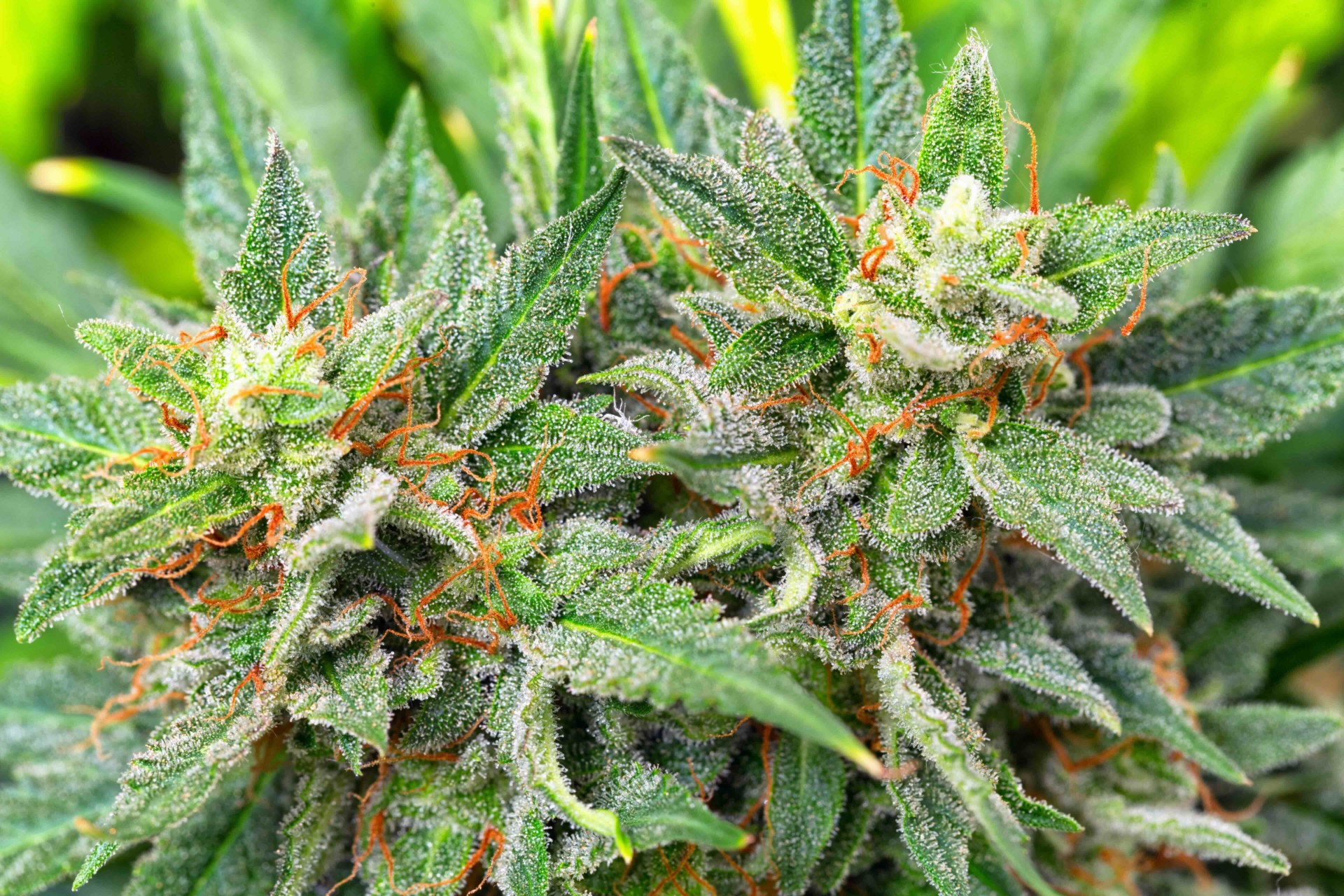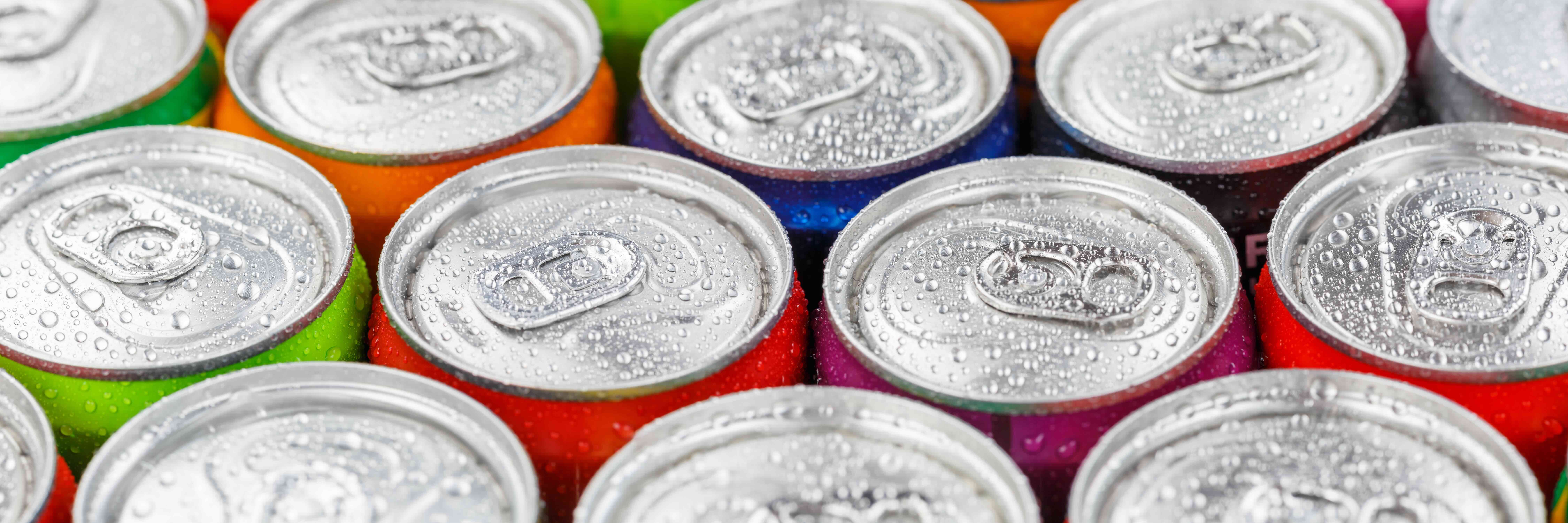
Trademark Clearance: What Every Brewery Must Know
McLaughlin, PC has developed a streamlined process for handling trademark clearance that involves clients doing some of the research themselves, helping to reduce legal fees.
Matthew McLaughlin explained the firm's trademark clearance process in the second article of a four-part series he wrote for the University of Vermont’s Continuing and Distance Education program. Having worked with more than 200 breweries and distilleries, the firm has extensively guided clients through the process of registering trademarks.
The first step, he wrote, is always a simple Google search of the name the client wants to use for the brewery or its flagship beer.
If the Google search comes up clean, he advises the client to research similar marks on industry-specific websites such as Beer Advocate, RateBeer, and Untapped. If that also comes up clean, the trademark clearance search continues on various social media sites, especially Twitter and Instagram.
“At this juncture in the clearance process—and assuming there are no issues with the desired mark—the brewery must perform a series of different searches using the USPTO TESS search,” McLaughlin wrote. “It is critically important at this juncture to involve a seasoned trademark attorney that also understands the craft beer industry as he or she will know what examining attorneys are looking for when it comes to the registrability of a potential mark.”
The TESS search determines what registered marks exist across all goods and services, providing a roadmap of potential trademarks that could prove problematic, he explained. That’s followed by a series of structured searches analyzing the name against senior marks, as well as looking for literal spelling to phonetic equivalents.
“Running structured searches and analyzing subtle nuances between a potential trademark and other senior marks can be complicated, but performing this diligence is critically necessary to increase the likelihood of registration,” McLaughlin wrote. “In addition, if a brewery decides not to register a particular mark, performing thorough clearance can reduce the likelihood of infringing on the rights of another brewery.”
An instructor in UVM’s Business of Craft Beer School, Matt also serves as the executive director of the Mississippi Brewers Guild and received the Brewers Association F.X. Matt Defense of the Industry Award in 2017.





